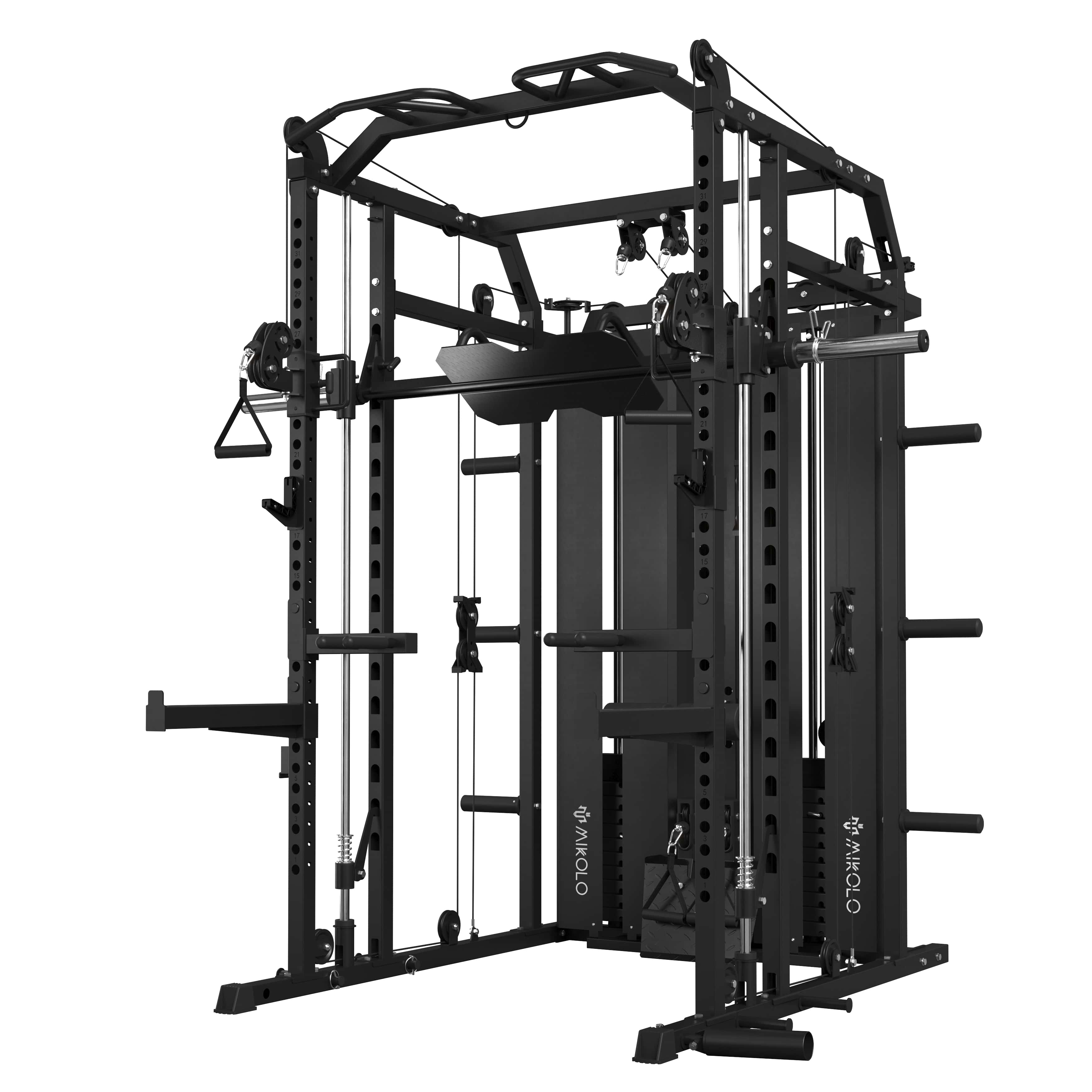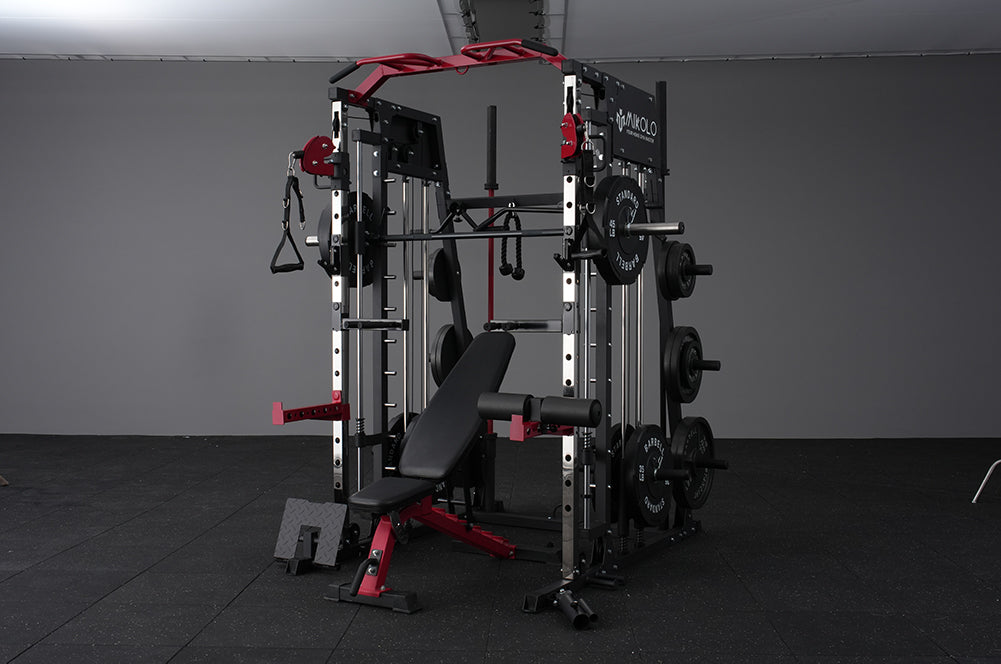A well-equipped gym isn’t complete without a quality commercial dip bar or commercial dip station. Dip exercises are a cornerstone of upper body strength training, targeting the chest, shoulders, triceps, and core. Whether you’re upgrading your gym facility or building a fitness space from scratch, understanding how to select durable, versatile, and ergonomic dip equipment can make a lasting impact on your members' training experience.
Why Dip Stations Are Essential for Gyms
Dip stations are among the simplest yet most effective pieces of equipment in any commercial gym. They allow for a wide range of bodyweight exercises, including:
-
Tricep dips for arm development
-
Chest dips to build upper body mass
-
Leg raises for core engagement
-
Assisted dips when paired with resistance bands
Because of their versatility, dip bars are favored in both strength-focused routines and general fitness programming. Commercial gyms, in particular, benefit from their compact footprint and high return on investment, as dip bars can serve beginner and advanced athletes alike.
What to Look for in a Commercial Dip Bar
1. Heavy-Duty Construction
Commercial dip bars must withstand frequent use and high weight loads. Look for solid steel frames with reinforced welding. A minimum weight capacity of 400-500 lbs is generally expected in commercial settings.
2. Ergonomic Design
Handle spacing and grip comfort directly influence user satisfaction. Adjustable width options cater to various body types, and angled handles provide better wrist alignment during dips.
3. Stability and Safety
Non-slip rubber feet and a wide base ensure stability. Wobbly equipment increases injury risks, so a sturdy base and secure anchoring options are key features for gym owners.
4. Low Maintenance
Powder-coated finishes resist scratches and corrosion, making cleaning and upkeep easier—a major plus for busy facilities.
Differences Between Dip Bars and Dip Stations
-
Dip Bars: Typically standalone or wall-mounted, these are simpler in design, offering a focused space for dip exercises. They are ideal for areas where floor space is limited.
-
Dip Stations: Often part of multi-function machines or free-standing towers, dip stations include additional exercise options like pull-ups, push-ups, and leg raises. They’re suitable for commercial gyms aiming to maximize functionality per square foot.
Personal Insight from Gym Operations
During my years managing gym equipment selection for a mid-sized training facility, the dip station quickly proved to be one of the most used tools on the floor. Initially, we installed a basic model, but after six months, we upgraded to a commercial-grade dip station with an adjustable frame and multi-grip options. The difference was immediate—members commented on the improved comfort, and trainers incorporated dips more frequently into client programs. The investment paid for itself through increased member satisfaction and retention.
Final Recommendation
For commercial gyms, investing in a robust, ergonomically-designed dip station ensures durability and wide-ranging exercise options. If your goal is to offer targeted upper body training with minimal space use, a commercial dip bar is a smart choice. Always prioritize safety, comfort, and long-term durability when making your selection—your members and trainers will notice the difference.
By choosing the right dip equipment, you enhance your gym’s functionality, deliver a better experience for members, and build a stronger brand reputation in the competitive fitness market.










































Leave a comment
This site is protected by hCaptcha and the hCaptcha Privacy Policy and Terms of Service apply.